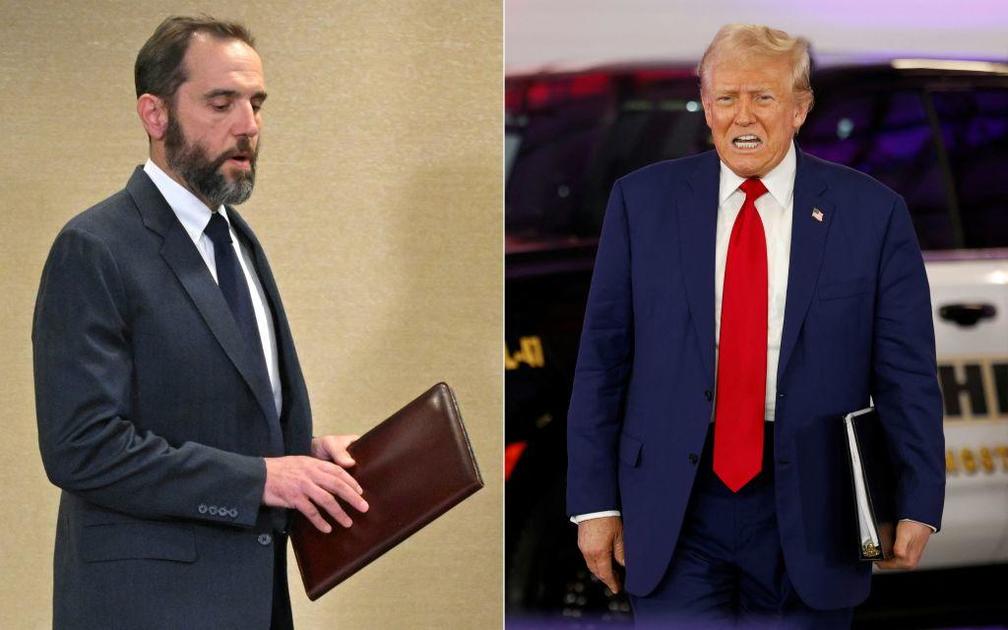Federal prosecutors and former President Donald Trump’s legal team have presented differing views on how special counsel Jack Smith’s 2020 election-related case against Trump should proceed. Prosecutors argued that the court should promptly rule on issues of presidential immunity outlined by the Supreme Court, while Trump’s team requested more time to review legal questions and proposed a schedule that would delay the case until 2025. The case follows a Supreme Court decision granting Trump some presidential immunity from criminal prosecution for “official acts” during his presidency, prompting Smith to secure a superseding indictment against Trump.
The new indictment removes conduct disqualified by the Supreme Court for presidential immunity but maintains four federal counts, including conspiracy to defraud the U.S., related to an alleged plot to subvert the 2020 presidential election. Trump has pleaded not guilty and continues to deny any wrongdoing. His team plans to file additional motions to dismiss the new indictment based on claims of immunity related to social media posts, public statements, communications with state officials, and interactions with former Vice President Mike Pence. However, Chutkan has already denied some requests to dismiss the case, and prosecutors argue that the superseding indictment complies with the Supreme Court’s ruling.
Trump’s team also intends to challenge the legality of Smith’s appointment and funding, a strategy similar to what they employed in a previous federal case. In that case, a Florida judge ruled in Trump’s favor, stating that the special counsel’s appointment was invalid. Smith has defended his appointment and urged an appeals court to reinstate the case, arguing that legal precedent supports his appointment. Prosecutors have proposed a schedule that would allow Chutkan to consider legal issues on parallel tracks, aiming to keep the proceedings moving forward.
Chutkan will now decide how to proceed with the case in light of the Supreme Court’s ruling and the new superseding indictment against Trump. A hearing is scheduled for September 5 in Washington, D.C., but Trump is not required to attend. The case revolves around alleged criminal acts related to the 2020 presidential election, with Smith’s team seeking to rebut the presumption of immunity for Trump’s conduct. Prosecutors are likely to argue that they tailored the superseding indictment to comply with the Supreme Court’s ruling, indicating how they plan to distinguish Trump’s private electioneering activity from official action.
Overall, the case against Trump involves complex legal arguments surrounding presidential immunity, the legality of the special counsel’s appointment, and the alleged criminal acts related to the 2020 election. Both sides are presenting their positions on how the case should move forward, with prosecutors seeking a prompt resolution based on the Supreme Court’s ruling and Trump’s team requesting more time to review legal questions. Chutkan will ultimately decide how to proceed with the case, considering the arguments presented by both parties and aiming to keep the proceedings on track in a timely manner.














